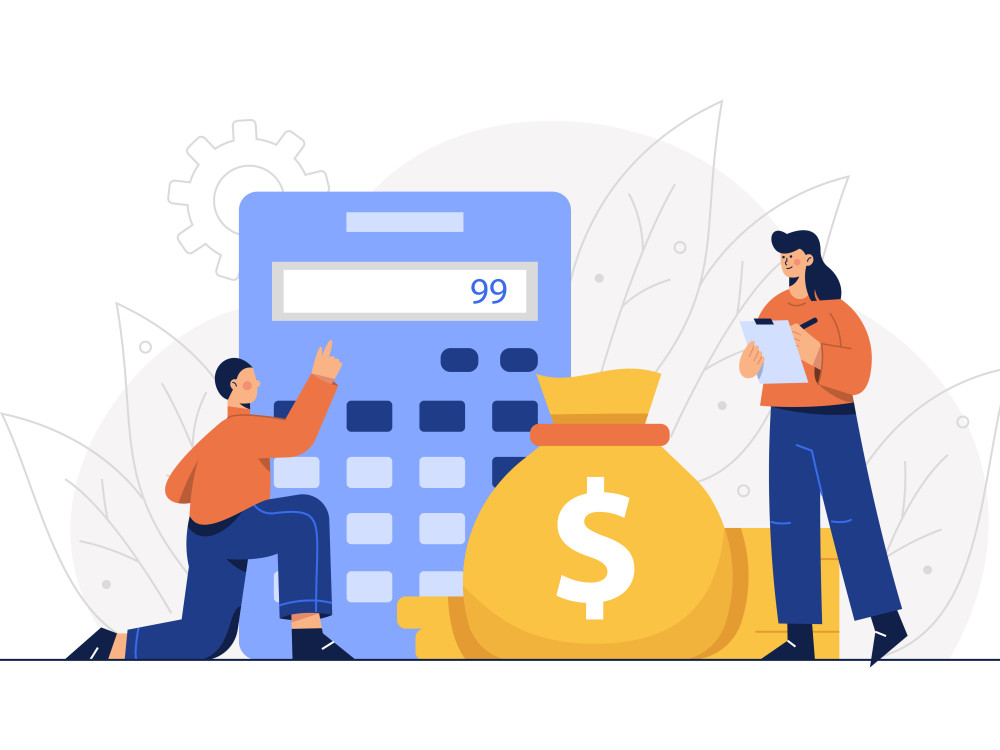How Much Should an Agency Charge for Its Services? A Guide for Owners

Following on our article on agency growth, lets talk about pricing and profitability. Of course, there is no one simple answer to how much to charge for your service. This guide is to show the pricing options available and to hopefully give you some ideas on how you can price your services.
How much to charge depends on many factors:
Location: Pricing may be influenced by geographic location and cost of living. We found that even with globalization and remote working, services may still be less expensive in one place than in others.
Your Brand: If you have a well-known, high-quality name, then charging more may be warranted. On the other hand, if your agency is just starting out and hasn't yet built its reputation or has a lower-quality name, pricing might need to reflect that.
Customer Base: Finally, pricing will also be influenced by the type of customer base that you attract (for example: luxury vs. mainstream clients). Pricing for services aimed at one particular market might be different from those aimed at another market segment.
Specialization / Niche: Services that are highly specialized and specific to an agency's clients will likely command a higher price than those that are more generic or general in nature.
Popular Agency Pricing Models
How to price services for most agencies should be defined by your services and clients. For example, it may not make sense to have retainer-based pricing for website revamp projects. Also most larger clients will have expectations on the accepted pricing models for their projects.
Some projects may require services with mixed pricing models, for example the website revamp project may have a fixed fee but then have annual website support retainer or SEO service. As long as you have a pricing strategy for each service and a way to track its performance after each project, over time you can reiterate your pricing to make sure your profit margins are covered.
Below are some popular agency pricing models that can give you a good starting point.
1. Hour / Day Rates
This pricing model is straightforward- you bill clients by the number of hours or days that you worked on their project. Looking beyond a single employee, you can charge different rates based on each employee / type or use a blended rate, charging one averaged rate for all employees.
Usually, time logs would have to be kept and clients will commonly ask you for an estimate for the task in advance.
2. Fixed Fee / Project-based Pricing
With fixed fee pricing, agencies set a price upfront for a specific project scope. This allows clients to typically have more certainty about costs and the agency takes on the risk of estimating correctly.
Setting prices for project-based fees can be tricky, especially if you're not used to it. Agencies will generally estimate the total labor hours and any associated costs, plus add a profit margin which also accounts for any unexpected developments that may arise, i.e. risk. However, this calculation can often be subjective and error prone, especially as the estimation is done before the start of the project when the least is known about the project and client relationship. Therefore, it's important to have a system in place that allows you to track and correct estimation performance over time.
3. Retainer-based Pricing
When it comes to retainer pricing, there are two main types of arrangements:
Effort based - Client pays upfront for a set amount of work effort ( hours or days).
Deliverables based - Client pays upfront for an agreed list of deliverables.
Payment is usually upfront and for an agreed time period ,i.e. per month or year.
4. Value-based Pricing
When working with a value-based pricing model, clients are not charged based on the time spent on a project or the number of deliverables produced but the value your service brings to their business.
This pricing model is very scalable but it can be hard to get it right, especially if results can be affected by external factors. Also, if successful and the fees you receive gets more disproportionate to market prices for other pricing models, some clients may try to get clever and agencies may experience some client retention issues.
Working out how much to charge
We covered how marketing agencies can price services, then we have to work out how much to charge for them. When setting the price of your agency services, consider the following factors to cover for;
- Your agency's costs of delivering that service or project such as team salary (may need time tracking tools to work out).
- Business overhead costs such as rent, utilities, and insurance.
- Sales and Marketing Costs which include time spent on failed opportunities
- Profit - anything between 10-30% profitability should be something to shoot for if you need this advice.
- Risk - It is recommended to allow some tolerance for risk, especially if it's a new client or you get some vibes during initial discussions.
How to Ask Your Clients For a Higher Price
For most agencies, we will be wanting to increase our prices. It's time to get pricing negotiations under way! Remember that respect is key when negotiating prices – always treat your clients with honesty and courtesy! With these tips in mind, pricing negotiations should go smoothly.
Just do it, it's never easy
Talking about money is often uncomfortable for agency owners. However, after the above section on determining what needs to be covered by the price, you need to set a realistic and profitable price. If your clients don't agree with the price, be willing to negotiate - there is no harm in trying!
Build a better portfolio
Building a strong portfolio is one of the best ways you can improve the quality of your leads. Most importantly, it gives you that superpower mindset to take with you to the negotiation table.
Niche down your target market
Niching down to offer expertise in one or two services is a good way to set yourself apart, demonstrate your expertise and increase your profits. Additionally, narrowing your focus can also help you to better understand a client's needs and how best to meet them and hence design services or products that will easily resonate with them.
Conclusion
When pricing your agency services, it's important to understand the different pricing models that are out there. From hourly rate to project pricing, there's a model that's right for you and your business. However, it's important to know that you should continuously seek to improve profitability and it's critical to always strive to shoot for a higher price. After all, you work hard to provide quality services and deserve to be compensated fairly for it! Thanks for reading and have a great day!





